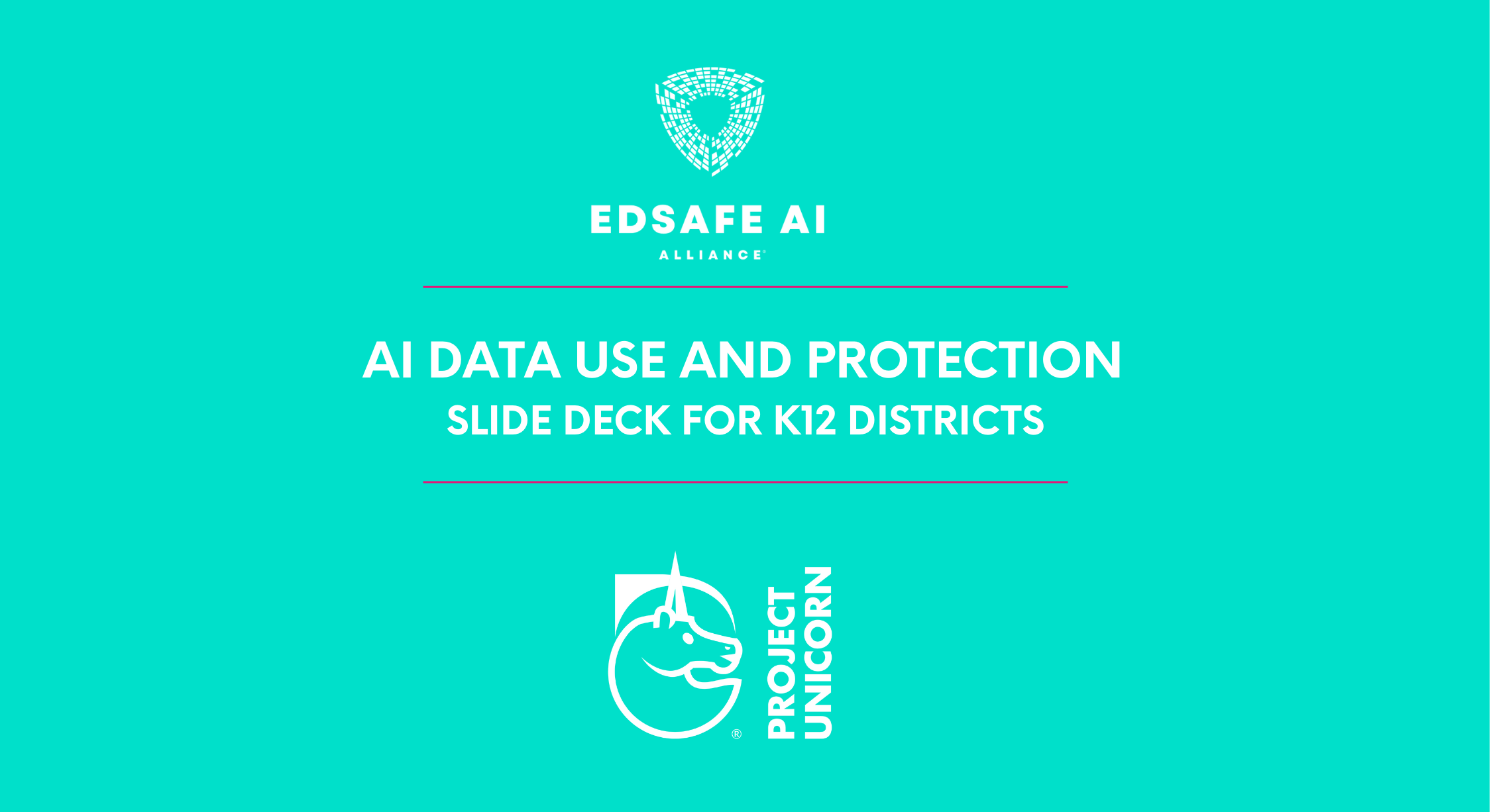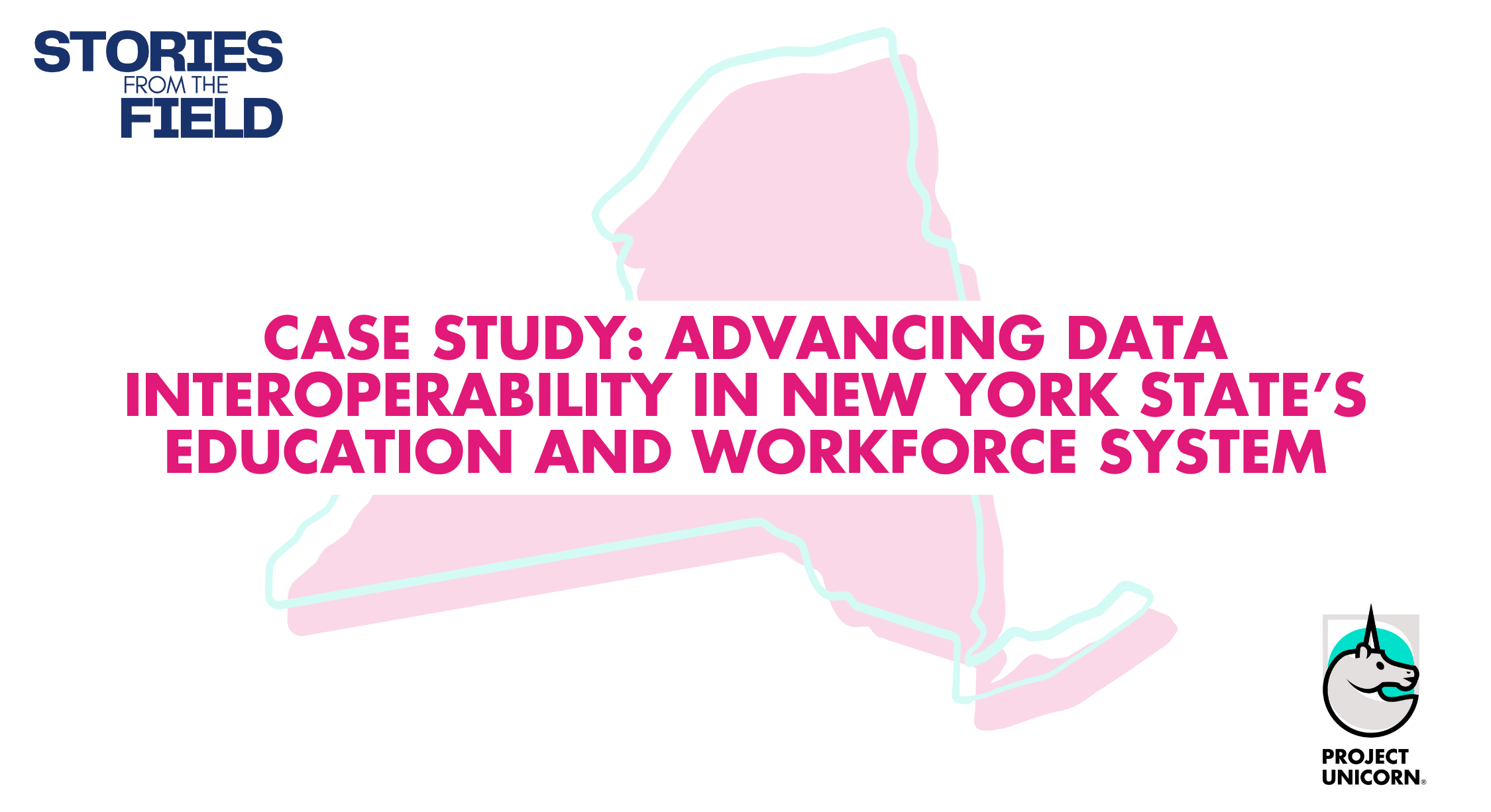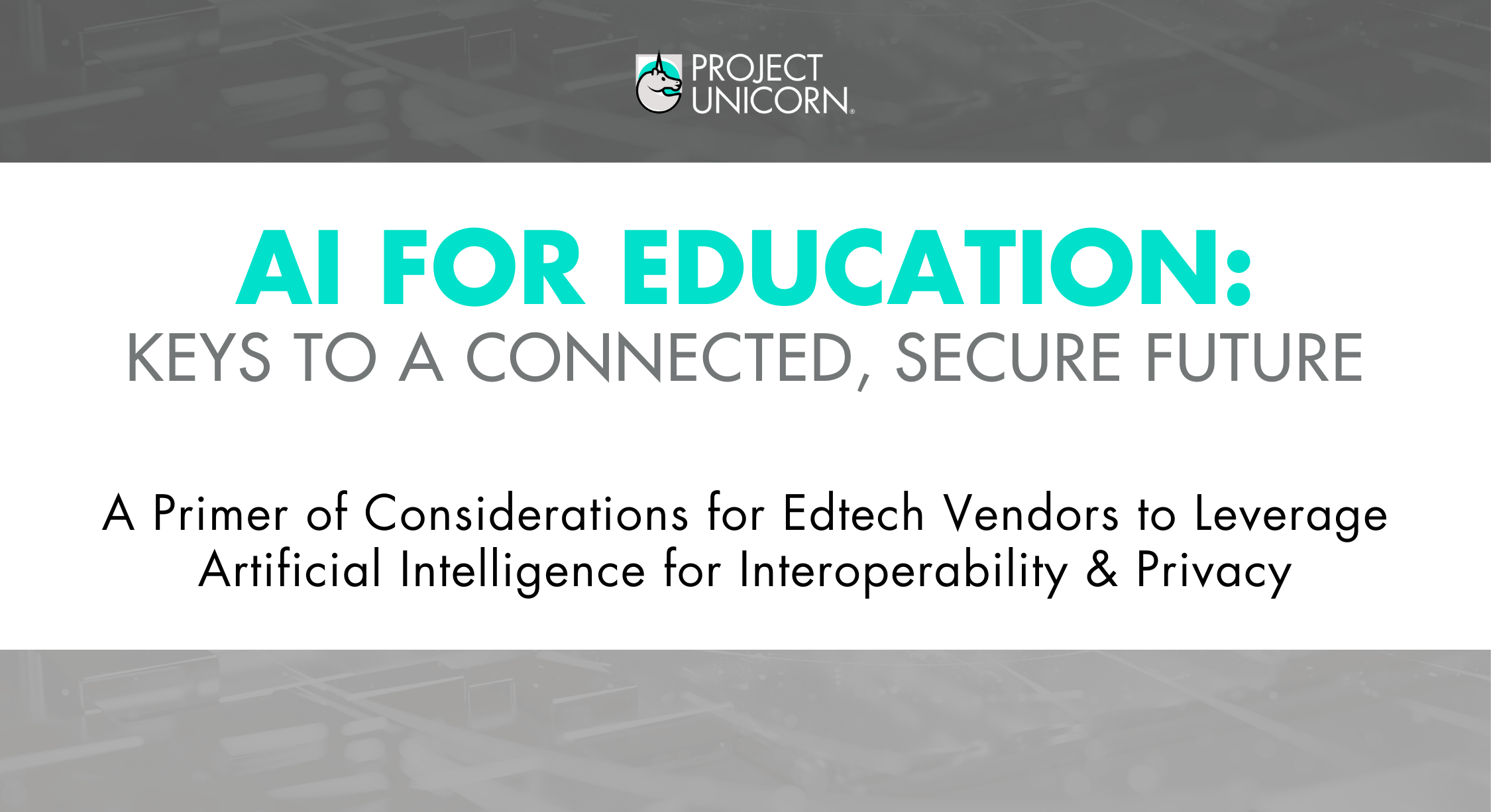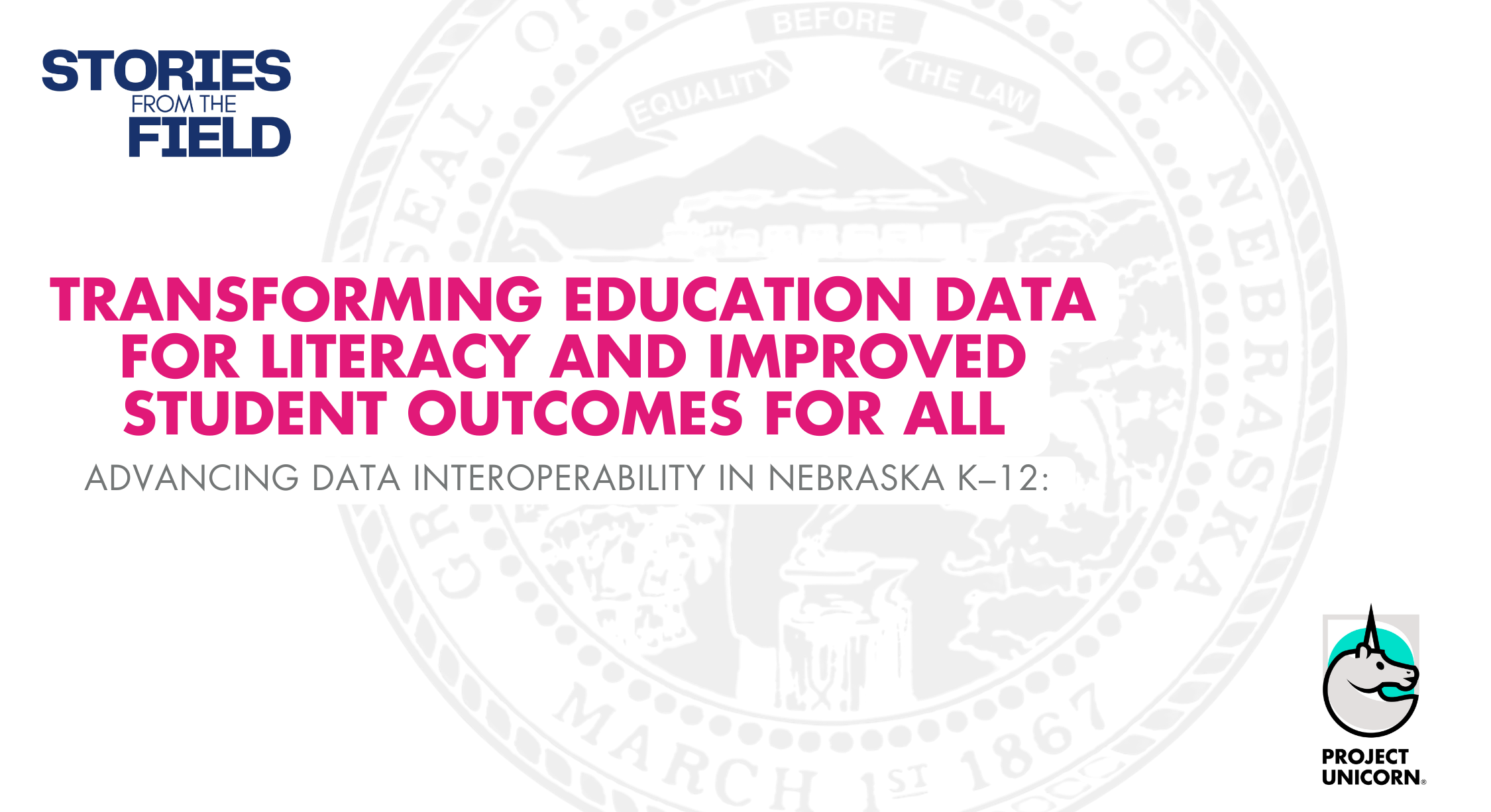From Ed-Fi Alliance, join Troy Wheeler as he discusses the value and role of technology providers in the larger movement towards interoperability.
Read More
History
What is Interoperability?
Our Team
Steering Committee
Technical Advisory Committee
K-12 Advisory Board
Emerging Leaders Cohort
Moving with the Mission
Every Day Counts
Contact Us
School System Data Survey
State of the Sector Report
Project Unicorn Rubric
Interoperability Certification
Certified Edtech Products
Uni Tool












